


Support Healthy Development Through Quality Paediatrics in Perth
Families seeking comprehensive paediatrics in Perth turn to Perth CDC for professional, child-focused care delivered by a multidisciplinary team committed to long-term outcomes and individualised support.




Paediatricians Help Guide Children Through Key Milestones
Children develop rapidly, and each stage brings new challenges. Paediatricians play a crucial role in monitoring milestones, addressing concerns, and supporting children’s physical, emotional, and behavioural growth. From newborn check-ups to adolescent care, paediatrics can help guide development and promote children’s health and well-being. Paediatricians provide tailored, age-appropriate support. This helps address common health conditions or behavioural concerns in both home, school, and community environments.
Candidate
When It Might Be Time to See a Paediatrician
While every child develops differently, some signs may suggest the need for further support. A GP can assess concerns and provide a referral to a paediatrician if needed. Early assessment may help identify developmental, behavioural, or general health issues and guide appropriate care.
- A child may benefit from review if there are delays in speech, movement, or learning. These concerns may differ from expected milestones or teacher observations.
- Difficulties with attention, behaviour, or emotional regulation may affect daily life. This can impact routines at home, school participation, and social interactions.
- Concerns may also arise when a child appears frequently unwell, has trouble sleeping, or shows signs of fatigue that affect their daily functioning and overall development.


Benefits
How Paediatric Care Supports Your Child’s Overall Well-being
Paediatric care offers more than medical support. It helps children build confidence, develop healthy habits, and thrive in their everyday environments. With the right support, children are better equipped to manage challenges. Below are key ways paediatric care can support well-being across home, school, and social settings.
- Early support for speech, learning, or behaviour helps reduce stress and promote confidence. Children are more likely to participate fully in home and school routines.
- Individualised care provides families with age-appropriate guidance for sleep, feeding, and emotional regulation. This helps children build daily skills and feel more settled.
- Coordinated input from paediatricians and allied health professionals strengthens communication between families and care providers. Children benefit from consistent support across different stages of development.
Book a Paediatrics Appointment With Our Caring Team
Speak to your GP about a referral. Paediatric appointments are available for developmental, behavioural, or general concerns at Perth CDC.





Why Families Choose Our Paediatrics Services
Families often seek guidance when they’re unsure about their child’s growth and development. Our paediatricians offer thoughtful, compassionate care to help clarify each child’s developmental progress.
Developmental Care Tailored to Your Child’s Needs
We recognise that each child’s development is unique. Our paediatricians take a comprehensive approach, considering physical growth, behaviour, and developmental patterns to identify areas where support may be beneficial. We take the time to explain our findings so families leave with practical insights and a clear path forward. Each care plan is thoughtfully designed to reflect your child’s needs while aligning with your family’s values and goal
A Gentle, Family-Friendly Approach to Appointments
We aim to make every visit feel calm, reassuring, and purposeful. From the way we welcome you to the way we communicate, our paediatric appointments are designed with families in mind. We take cues from your child’s comfort level and work at a pace that builds trust. There’s no rush, no pressure, just a safe space where your concerns are heard and your child is met with kindness.
Clear Guidance for Each Stage of Development
Whether you have questions about developmental milestones, behavioural patterns, or a general sense that something may be different, our team provides thorough, evidence-based assessments that help bring clarity. We take the time to explain our observations, their potential implications, and the recommended next steps. Families leave with a clear, practical plan because understanding what’s happening is the first step towards moving forward with confidence.
Coordinated Support With a Broader Care Network
Paediatricians at Perth CDC take a collaborative approach to care. When needed, we collaborate with our in-house therapists, like speech pathologists, psychologists, and OTs, so that your child receives integrated care. If external referrals are appropriate, we help connect you to the right services and guide you through the next steps. This kind of coordination makes the process smoother for families and contributes to better outcomes for children.




Get to Know the Dedicated Professionals Behind Your Child’s Care

PAEDIATRICIAN | MBBS, MD, FRACP
AHPRA Reg. No. MED0001173471
Dr. Feng brings experience as a consultant paediatrician with a focus on developmental and general medical concerns. Her approach is calm, attentive, and family-focused.
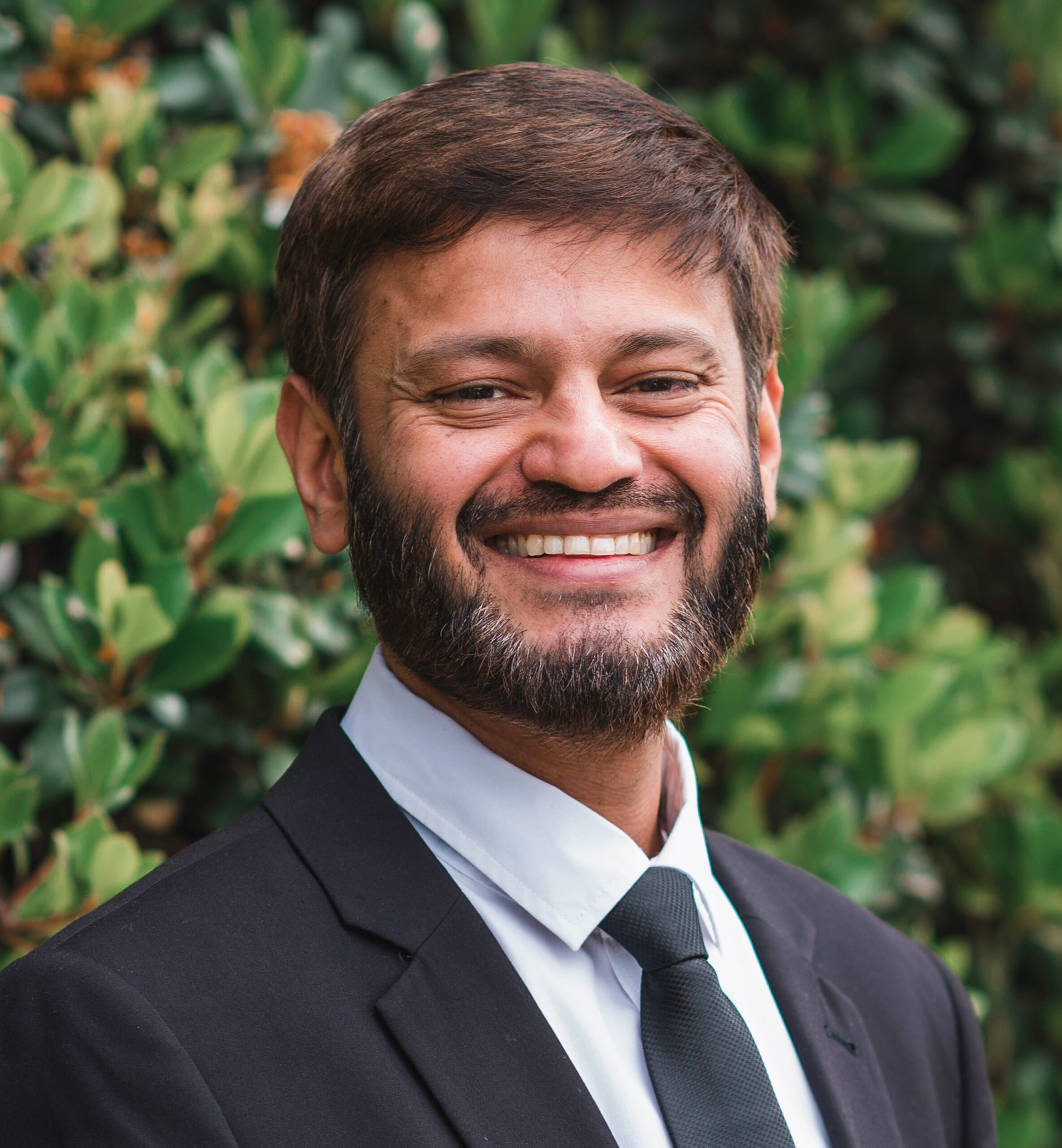
DIRECTOR AND MEDICAL LEAD | MBBS, DCH, FRACP, GCAD
AHPRA Reg. No. MED0001526597
As co-founder and senior paediatrician, Dr. Karande manages care for children with autism, ADHD, and behavioural concerns. He is ADOS‑2 trained and experienced in developmental paediatrics.

CONSULTANT PAEDIATRICIAN | MBBS, FRACP
AHPRA Reg. No. MED0001551395
Dr. Chawla is a general paediatrician who manages acute and chronic childhood conditions. Her interests include feeding issues, eczema, asthma, and developmental care.

DIRECTOR | BSc (Hons) Speech and Language Pathology
Claudia is a speech pathologist who works with children with speech, language, and communication needs through engaging, individualised sessions that build skills and confidence.
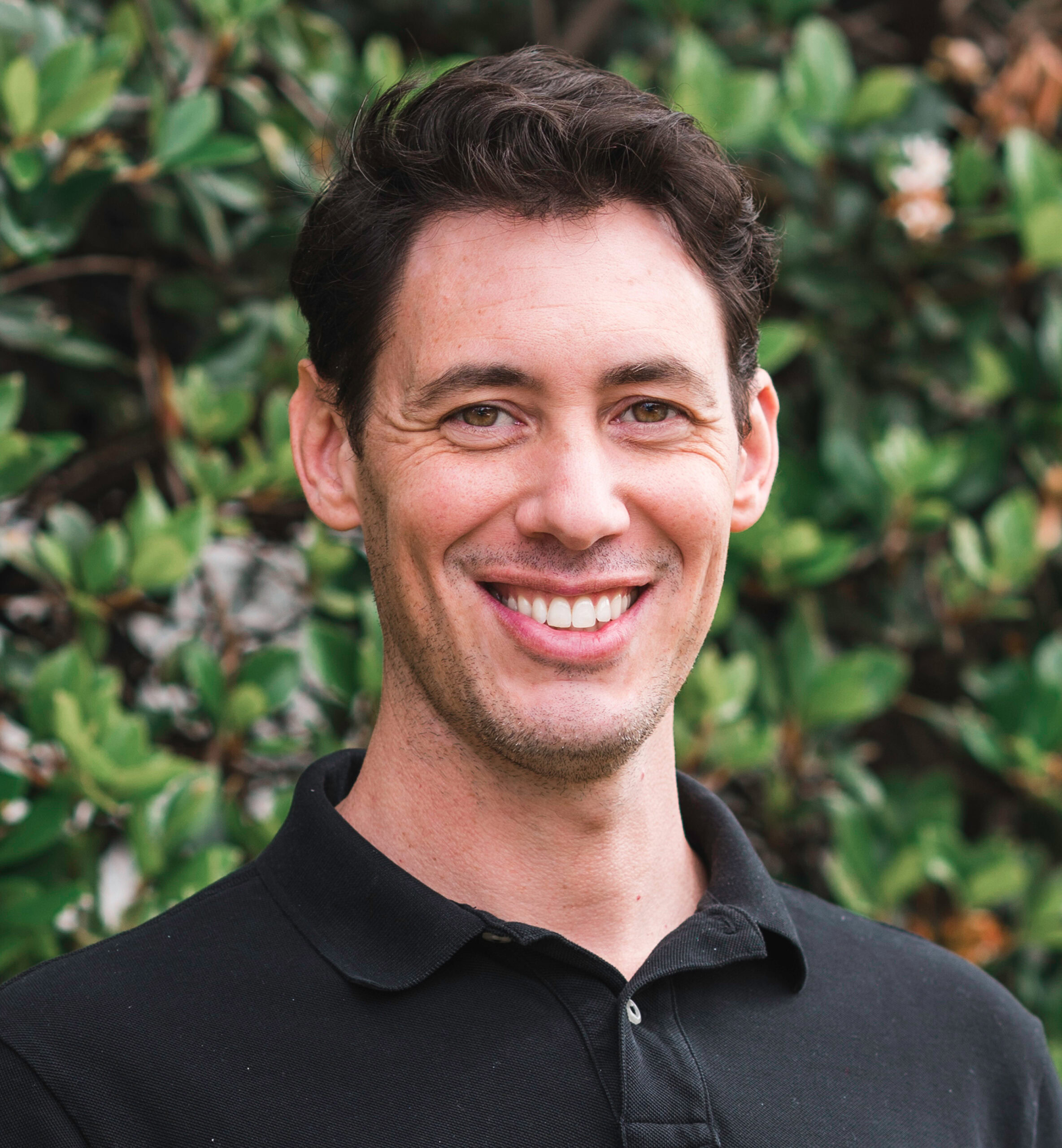
DIRECTOR | MClinPhysio (Curtin), BSc Physiotherapy
AHPRA Reg. No. PHY0001846525
Simone, a paediatric physiotherapist, helps children build strength, balance, and coordination using fun, movement-based therapy to promote functional everyday development.
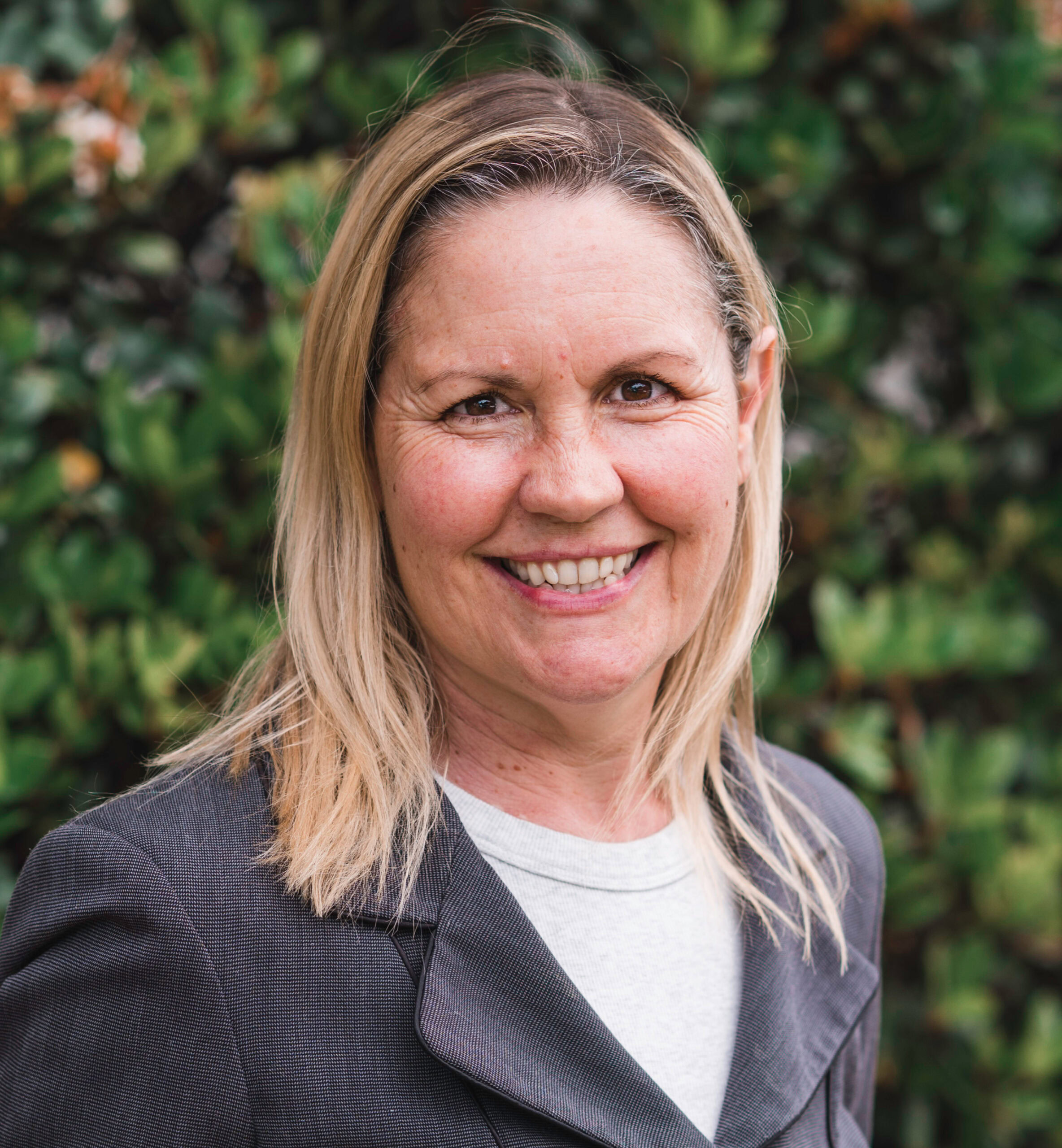
SPEECH PATHOLOGIST | BHLTHPROM, GRADDIPPSYCH, BSPPATH
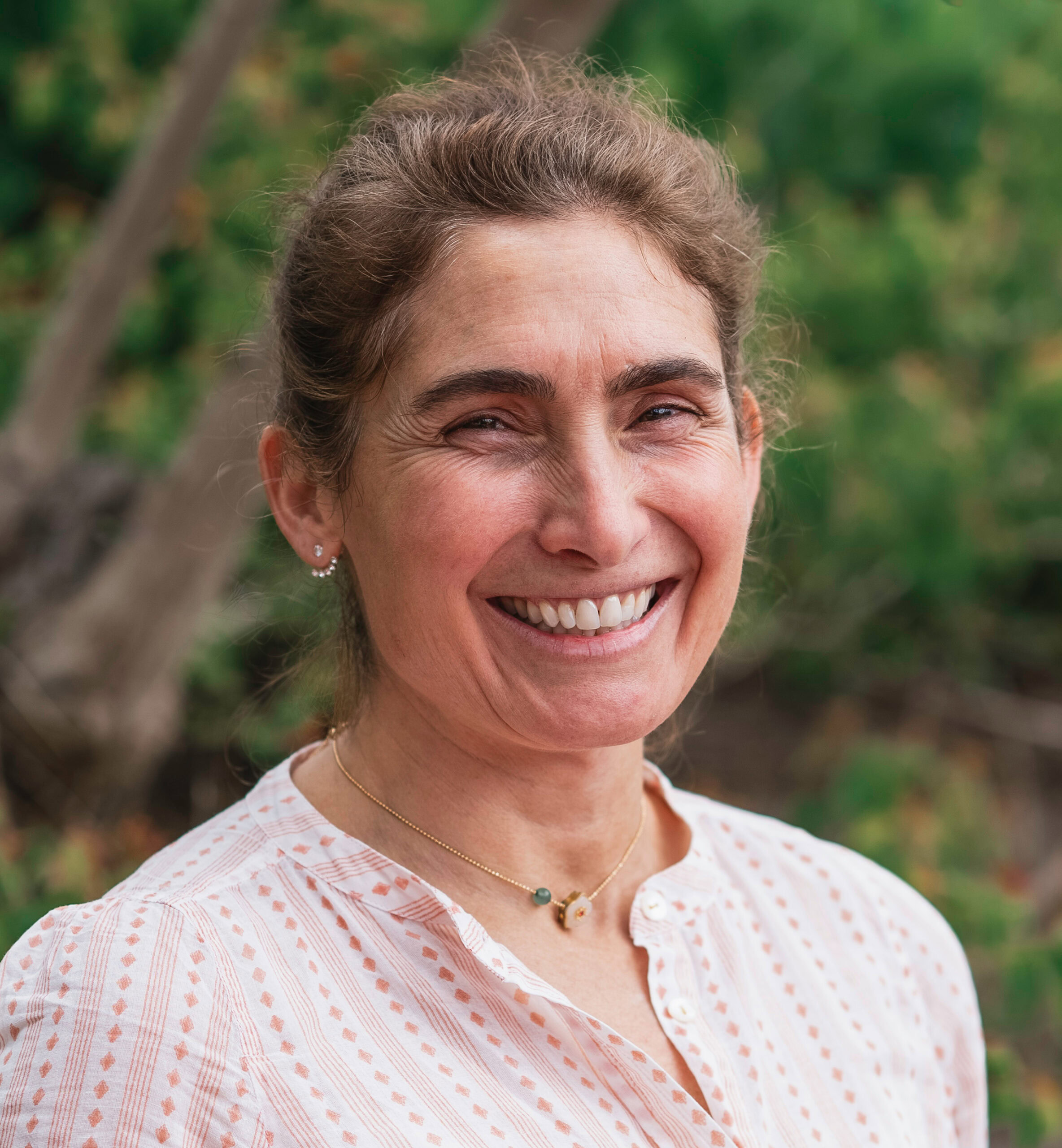
PSYCHOLOGIST | BA SC (PSYCH), (HONS), MPSYCH
AHPRA Reg. No. PSY0002656530
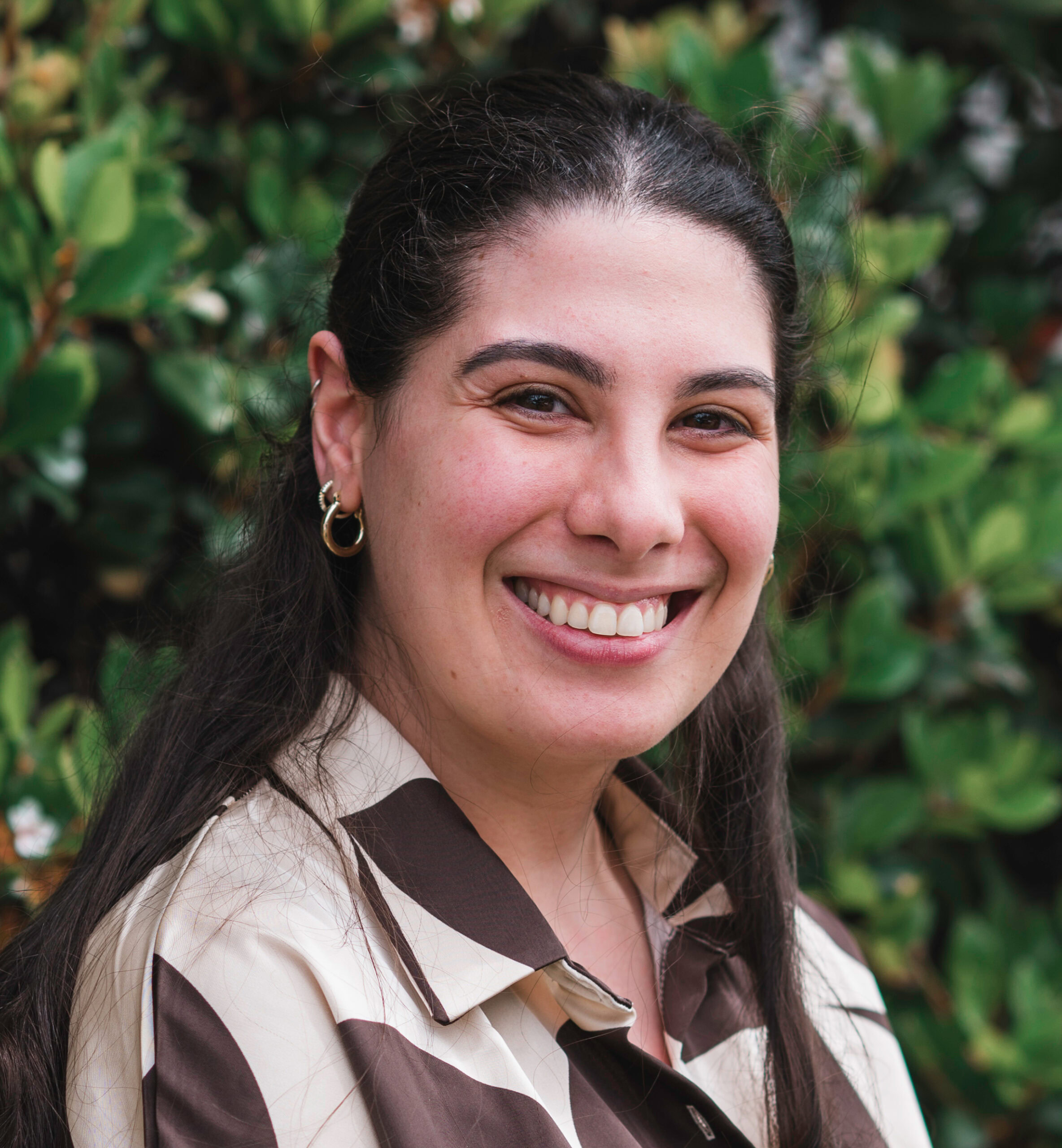
OCCUPATIONAL THERAPIST | BOccTher, BExSc
AHPRA Reg. No. OCC0002737291
Jasmine Berlingeri has a background in exercise science and occupational therapy. She uses creative and supportive approaches to assist children in developing skills and strengthening family involvement in daily activities.
What Families Say About Their Perth CDC Experience
Parents often share that they feel supported, understood, and genuinely cared for. Their feedback reflects the strong, trusting relationships that have been built between families and our team.
Thank you Perth CDC for your kind and empathetic receptionist Hetal and wonderful, professional Dr Amruta Pendse for caring for my son. I am forever grateful for your guidance and support. I would highly recommend Perth CDC to any mother, parent, guardian or family.
Dr Karande made my child & myself feel very comfortable. We have had our initial session so far & he was thorough & did not rush us (even though we were late with traffic.. ) Also Hetal who runs the office was very kind & organised an appointment promptly.
Doctor Karande is an amazing Paediatrician I have never met anyone like him before. His caring and understanding, very thorough with his work. Will listen to your concerns and take every precautionary measure. I highly recommend Dr Karande to anyone who needs to see a paediatrician.
Dr Karande is a supportive and caring practitioner who has been a great support to our family from childhood and through teenage years. We couldn’t recommend Perth CDC more highly. Hetal has also been amazing in working through appointment requests and helping to make a sometimes stressful process, very easy.
This clinic have been amazing for my children’s assessments and appointments. Dr Karande really invests time to connect with the children and assess them genuinely. We have also seen Dr Pendse who has been very supportive and listens to the needs of my child, as well spending time to answer my questions and explain things clearly.
Perth CDC has been beyond amazing with my children. The care and compassion Indi and Hetal have shown us as a family is to the highest standard. I can not recommend Perth CDC enough and words can never express how much they have helped us. My children’s growth under their care has exceeded my expectations.
Highly, highly recommend Dr Kerande. What an exceptional paediatrician. We sought him out to assess my siblings to see if they have ADHD – he was not only thorough, but reassuring and well knowledged. He is also brilliant at building rapport with children. Cannot thank him enough and I don’t hesitate to recommend him to others. Thank you, Dr Kerande!
Dr Karande was very efficient and really took the time to listen to our concerns and we finally got a diagnosis.
Great service, patience and understanding from Hetal to Dr I. Karande. I know my son is in safe hands. Keep it up!!!
Dr Amruta Pendse has been empathic and thorough when helping my son and I with his ADHD diagnosis and treatment. Dr Amruta is very approachable and understanding and it’s great that I’m able to email with updates or concerns and receive a prompt response to my questions. Would highly recommend Dr Amruta Pendse and Perth CDC if your child is needing a paediatrician.
Dr Karande, Monika and Hetal are the most kind and caring group of people I’ve had the pleasure of working with for my daughter who has ASD and ADHD. The staff always make you feel welcome and ensure they provide the best care possible for your child. We have been coming to Perth CDC for 3 years and will continue to come here.
Thank you for the best experience! Could not fault paediatrician Indrajit S Karande. He was really friendly and made sure my husband and myself were able to spend moments after the birth with our son. He was thorough and made sure our baby was safe and healthy! It was such a nice experience. I highly recommend Perth CDC.
Frequently Asked Questions
Every child develops differently, and it is natural for parents to have questions. Below are answers to some of the most frequently asked questions before and during a visit.
What does a paediatrician do for children?
Paediatricians support children’s health, behaviour, and development from birth through adolescence.
- Monitor growth and development:
Paediatricians check height, weight, and developmental milestones during regular visits. They observe how children move, speak, and interact with others. - Identify health concerns:
They help manage common health concerns such as asthma, eczema, feeding difficulties, sleep problems, and growth delays. - Assess learning and behaviour:
They use structured tools to explore delays in speech, learning, attention, or social interaction. - Support emotional well-being:
They work with children showing signs of anxiety, low mood, or behavioural challenges. Support may involve other health professionals as well. - Guide early childhood care:
They provide advice on feeding, sleep, toilet training, and development during the early years of a child’s life. - Coordinate care with other professionals:
They often work alongside speech pathologists, occupational therapists, psychologists, and physiotherapists for broader support.
Paediatricians work alongside families to support a child’s health, development, and overall well-being through different life stages.
At what age should a child see a paediatrician?
Children can see a paediatrician from birth to age 18. The timing depends on health concerns or developmental needs.
- Infancy (0–12 months):
Paediatricians provide care for a range of concerns, including feeding difficulties, reflux, eczema, poor growth, and unsettled sleep. They also provide general developmental check-ups. - Toddler–Preschool (1–5 years):
This is a key stage in developmental paediatrics. Paediatricians address delays in speech, movement, or social skills. - School Age (6–12 years):
Paediatricians assist with learning difficulties, ADHD, emotional changes, and other challenges that impact both school and home life. - Adolescents (13–18 years):
They assist with growth changes, emotional health, and puberty-related concerns during this stage of increasing independence.
Concerns related to sleep, feeding, growth, and childhood illness are often addressed through general paediatrics.
How is a developmental delay diagnosed in children?
Developmental delays are assessed by reviewing a child’s growth, learning, and behaviour across different environments.
- Parent discussion:
The paediatrician inquires about early milestones, daily routines, and concerns that parents or carers have noticed. - Observation:
The child is observed during the appointment to assess their movement, communication, and response to tasks. - Standardised tools:
Paediatricians use checklists or rating scales to assess skills in language, movement, attention, or social behaviour. - Reports from others:
Feedback from teachers or allied health professionals gives insight into the child’s behaviour in other settings. - Team input:
If necessary, speech pathologists, occupational therapists, or psychologists may participate to provide additional developmental insights.
These steps in paediatric assessments help guide care and allow them to provide early support for child development.
How long are initial and follow-up appointments?
Appointment times vary depending on the child’s needs and the type of assessment involved.
- Initial appointments:
These usually take 45 to 60 minutes. Paediatricians need time to gather history, observe the child, and discuss concerns. - Developmental assessments:
These often take longer than general visits. Complex cases in developmental paediatrics may take 60 minutes or more. - Follow-up appointments:
These usually last 30 to 45 minutes. The focus is on reviewing progress, adjusting treatment plans, or responding to new concerns. - Additional sessions:
If a child requires input from an allied health professional, further appointments may be booked with the speech, psychology, or occupational therapy teams.
Initial and follow-up appointments for paediatrics in Perth typically allow time for discussion, observation, and planning. This approach helps provide care that is tailored to your child’s needs and progress.
Can a paediatrician help with learning difficulties?
Yes, paediatricians can assess and support children who are struggling with learning at school or during daily activities.
- Identifying concerns:
Paediatricians explore attention, memory, language, or behavioural issues that may affect learning and classroom participation. - Using screening tools:
Standardised tools and rating scales are used to assess cognitive function, focus, and emotional regulation. - Reviewing school reports:
Teachers may provide reports or examples of work that highlight difficulties with reading, writing, or concentration. - Recommending further assessments:
If needed, paediatricians may refer to psychologists or speech pathologists for more detailed learning evaluations. - Coordinating care:
In developmental paediatrics, a team-based approach enables us to provide families with practical strategies for school and home.
Paediatric assessments help identify a child’s learning needs and guide the provision of targeted care for their development. In some cases, continuous paediatric assessments may be used to monitor progress and refine care plans over time.
How do I prepare my child for a paediatric appointment?
A calm, simple approach helps children feel more comfortable and engaged during their visit.
- Discuss the visit:
Let your child know they will be meeting someone who helps children with learning, emotional development, or physical changes. - Use clear language:
Talk in a way your child understands. Try describing the appointment as a friendly visit where someone helps kids feel better, learn better, or grow stronger. Avoid words that might make them nervous. - Bring notes:
Write down your concerns, questions, and anything you’ve noticed at home or school. This helps during the appointment. - Bring reports (if available):
School reports, therapy summaries, or past assessments can help the paediatrician better understand your child’s needs. - Bring comfort items:
A favourite toy or book can help younger children feel more relaxed in the clinic environment.
Families visiting a paediatric clinic in Mount Lawley are encouraged to arrive a little early and allow time for their child to settle in.
What’s the difference between a general paediatrician and a developmental paediatrician?
Both professionals care for children, but they focus on different aspects of health and development.
- General paediatricians:
They monitor overall physical health and development, manage a wide range of medical concerns, and provide routine care such as immunisations, health checks, and guidance on age-appropriate growth and well-being. - Developmental paediatricians:
They focus on assessing and managing challenges related to learning, behaviour, emotional regulation, and developmental progress, often working closely with families, schools, and other professionals to support a child’s functional and social development. - Referral reasons differ:
Children may be referred to general paediatrics for physical health issues. Developmental paediatrics focuses more on behaviour and learning. - Assessment style:
Developmental assessments often require more time and may involve collaboration with allied health professionals. - Approach to care:
Both work closely with families. Developmental paediatricians often lead team-based support for more complex needs.
Families seeking paediatrics in Perth can ask their GP whether general or developmental paediatric care is more suitable for their child’s needs.
Is a referral required to see a paediatrician at Perth CDC?
Yes, a referral is needed before booking a paediatric appointment at Perth CDC.
- Start with your GP:
They can provide a referral when there are concerns about your child’s development, behaviour, or general health. - Helps guide care:
The referral provides the paediatrician with useful background information, enabling them to plan the most appropriate assessment. - Covers all services:
Referrals are required for all new appointments, whether for general medical concerns or developmental assessments. - Location note:
Referrals are accepted at the paediatric clinic in Mount Lawley. Families will be updated if the clinic location changes.
Your GP can discuss concerns with you and determine whether a referral to general or developmental paediatrics is appropriate. This helps guide your child towards the most suitable care based on their individual needs.
What support is available for children with ADHD?
Children with ADHD may experience difficulties with attention, impulsivity, and emotional regulation at school, at home, or in social settings.
- Initial step:
A paediatrician may begin by gathering developmental history and, if appropriate, an ADHD assessment for children using evidence-based tools. A diagnosis, if made, is based on input from parents, teachers, and clinicians. - Behavioural approach:
In some cases, behavioural paediatrics focuses on strategies that enhance attention, establish consistent routines, and help manage emotional responses. - Team-based input:
Care may include a psychologist, occupational therapist, or speech pathologist, especially when multiple areas of development are involved. - Ongoing support:
Perth paediatricians often work closely with schools and families to monitor progress and adjust interventions as needed.
Support for children with ADHD is most effective when delivered through a multidisciplinary paediatric care model that addresses their developmental, behavioural, and emotional needs in a coordinated manner.
How does Perth CDC support children with anxiety?
Support for anxiety focuses on understanding how worries affect a child’s daily life, relationships, and learning.
- Initial discussion:
A paediatrician asks about the child’s mood, behaviour, and any signs of worry at home or school. - Behavioural focus:
In behavioural paediatrics, care includes helping children manage fears, build routines, and improve emotional coping skills. - Family involvement:
Parents are encouraged to share their observations, which helps shape practical and age-appropriate strategies. - Team support (if needed):
Some children may also work with a psychologist or occupational therapist. This may form part of a team-based approach. - Ongoing care:
The goal is to reduce the effects of anxiety and foster confidence, relationships, and everyday participation.
These approaches form part of Perth CDC’s broader commitment to promoting children’s health and well-being throughout their developmental years.
How do I know if my child needs a developmental assessment?
Developmental assessments are helpful when a child’s learning, behaviour, or social skills do not align with age-appropriate developmental expectations.
- Early signs:
These might include delays in speech, difficulty following instructions, limited play skills, or challenges with attention or interaction. - Everyday concerns:
You may notice your child struggles in group settings, avoids eye contact, or becomes overwhelmed by routine changes. - Feedback from others:
Teachers or carers may raise concerns about focus, social interaction, or emotional responses in group environments. - Further screening:
If signs suggest communication or social difficulties, further assessment may be recommended—such as an autism spectrum disorder assessment or evaluations for attention or language development—depending on the child’s individual needs.
If you have questions about your child’s development, speaking with your GP is a helpful first step. Early paediatric input can offer timely support for child development and guide families towards the right resources and care.
Are appointments with paediatricians covered by Medicare or private health funds?
Families may receive financial support for paediatric appointments, depending on their Medicare eligibility and health funding arrangements.
- Medicare referrals:
A current referral from a general practitioner (GP) may allow part of the appointment fee to be claimed through Medicare. - Private health funds:
Some families may be eligible for support for allied health services, depending on their level of cover. - Service variations:
Different services may be billed separately, especially when multidisciplinary paediatric care involves psychologists, speech pathologists, or therapists. - Ask when booking:
Families are encouraged to confirm potential fees and payment options at the time of making an appointment.
The clinic team can guide you through what to expect before your child’s first visit.
Can my child access other allied health professionals through Perth CDC if needed?
Yes, allied health support is available when a child requires help in more than one area of development.
- Team-based care:
Children may work with a psychologist, speech pathologist, occupational therapist, or physiotherapist, depending on their needs. - Referral from the paediatrician:
Perth paediatricians may recommend allied health involvement after observing your child or reviewing reports. - Coordinated approach:
Health professionals share information and plan care together to support consistent progress. - Support across settings:
This team model helps address challenges in various settings, including home, childcare, and school.
Access to multiple professionals under one roof makes it easier to coordinate care across developmental areas.
Book a Visit to Support Your Child’s Growth
Book a visit at Perth CDC to access coordinated care in one location. Our clinicians provide each child with collaborative and well-planned support tailored to their individual needs.











